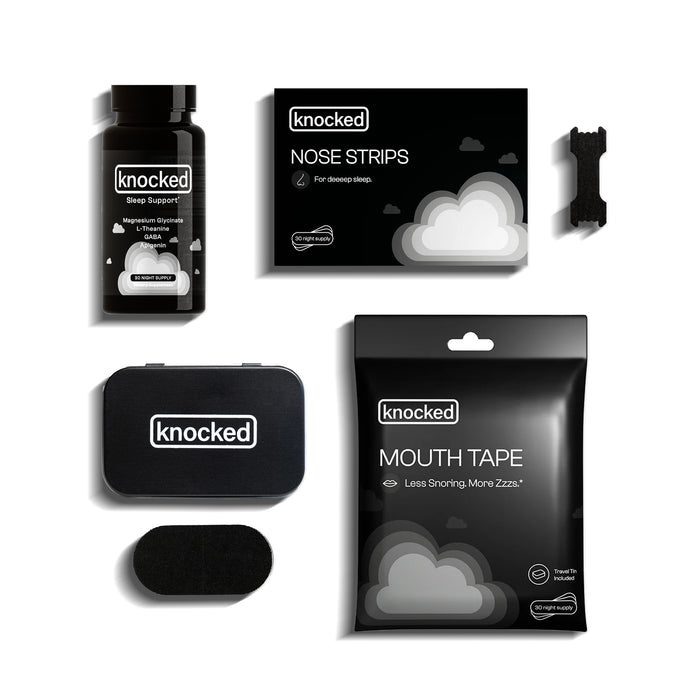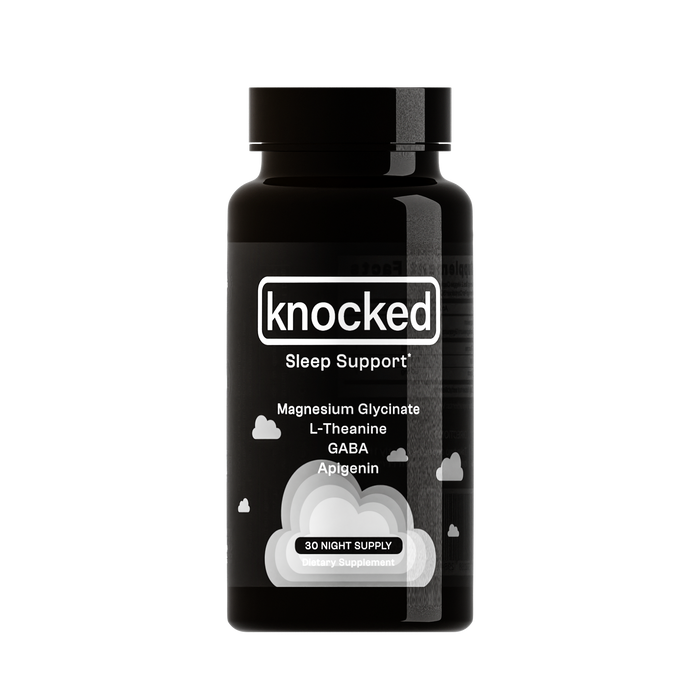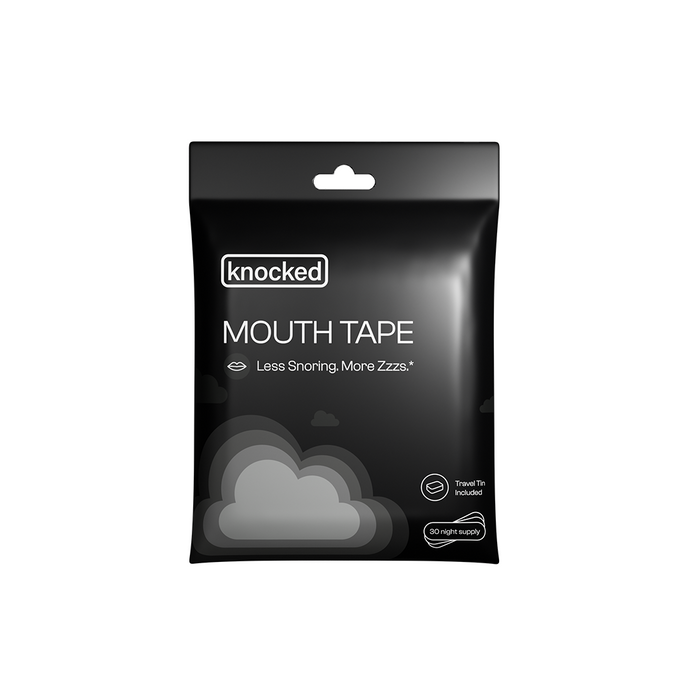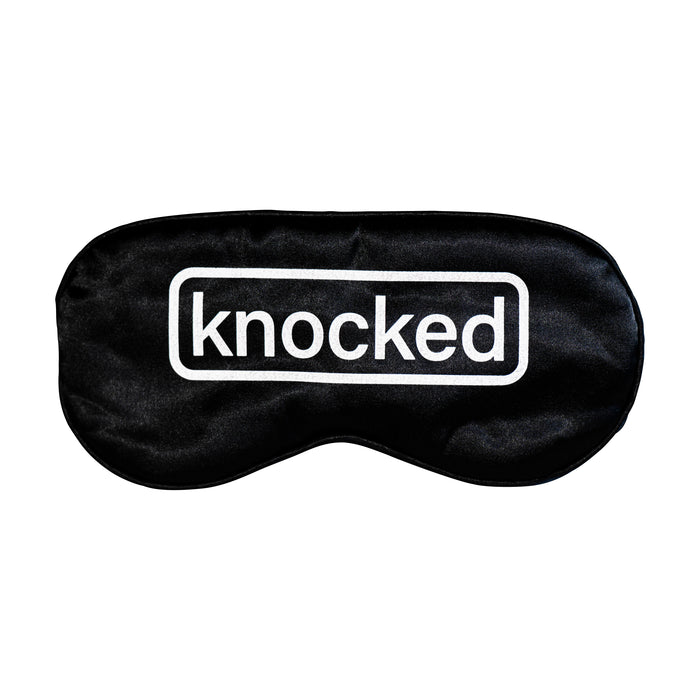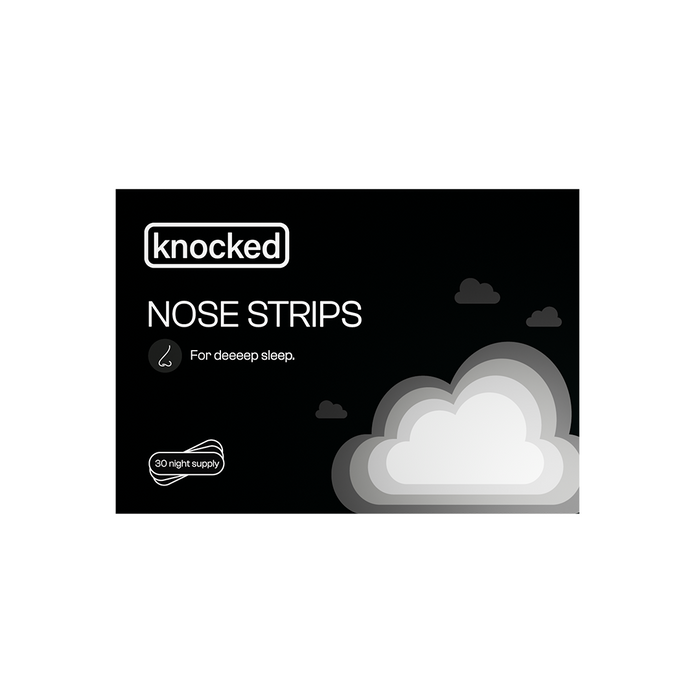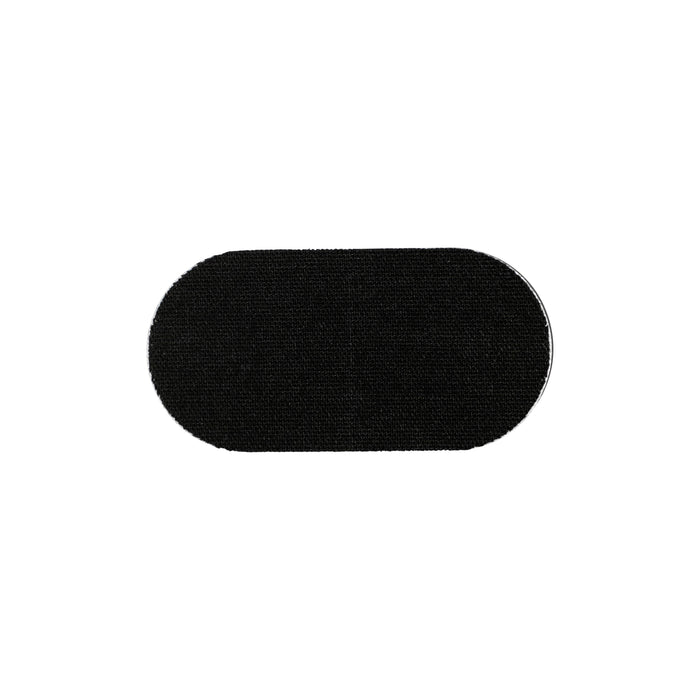

Mouth Tape: The New Sleep Trend of 2024
In recent years, the trend towards holistic health practices has increased, and it has led to some surprising trends. One of the latest trends is the use of mouth tape to promote better breathing while sleeping. Although it may seem odd to tape your mouth shut while sleeping, this practice is backed by scientific research and has become a popular tool in promoting better health.
The Science of Breathing
Breathing is essential to life, and how you breathe can impact your overall health. Nasal breathing is the ideal way to breathe as it filters the air, warms it up, and adds moisture to the air. On the other hand, mouth breathing bypasses these natural filters, leading to dry mouth and throat, and an increased risk of infection. Research has also linked mouth breathing to sleep disorders, such as sleep apnea.
The Benefits of Mouth Taping
Mouth taping is a technique that involves applying a strip of tape over your mouth before going to sleep. The tape helps keep your mouth closed, which promotes nasal breathing. By breathing through your nose, you get better quality air, leading to better sleep, improved oxygenation, and reduced snoring. This technique can be especially helpful for people who struggle with sleep apnea while using CPAP machines, as it helps prevent mouth leaks and ensures the proper functioning of the device.
Do's and Don'ts of Mouth Taping
Do's:
- Use gentle, medical-grade tape for mouth taping
- Consider using an eye mask to promote sleep
- Ensure proper ventilation with a source of fresh air in the room
- Become comfortable with mouth taping before making it a regular practice
Don'ts:
- Do not use mouth taping if you have nasal congestion or sinus problems
- Avoid using harsh or non-medical grade tape
- Do not force mouth taping if it causes discomfort or anxiety
Nitric Oxide
Nasal breathing increases nitric oxide production by stimulating the release of NO from cells in the nasal passages and sinuses due to the action of nitric oxide synthase enzymes, airflow turbulence, and the warm, humid environment. Nasal breathing also facilitates the efficient transport of nitric oxide to the lungs, where it can exert its beneficial effects.
Encouraging You to Try Mouth Taping
While it may seem strange, there is scientific evidence to back up the practice of mouth taping. Nasal breathing is beneficial for overall health, and mouth taping can help promote this. If you are struggling with sleep apnea or snoring, or simply want to try a new technique for better sleep, consider giving mouth taping a try.
Sources:
-
Guilleminault, C., Huang, Y. S., & Lin, C. H. (2019). Mouth taping during sleep: A new approach for managing obstructive sleep apnea. CHEST Journal, 156(6), 1312-1319.
-
McKeown, P. (2015). Close Your Mouth: Buteyko Clinic Handbook for Perfect Health. Patrick McKeown.
